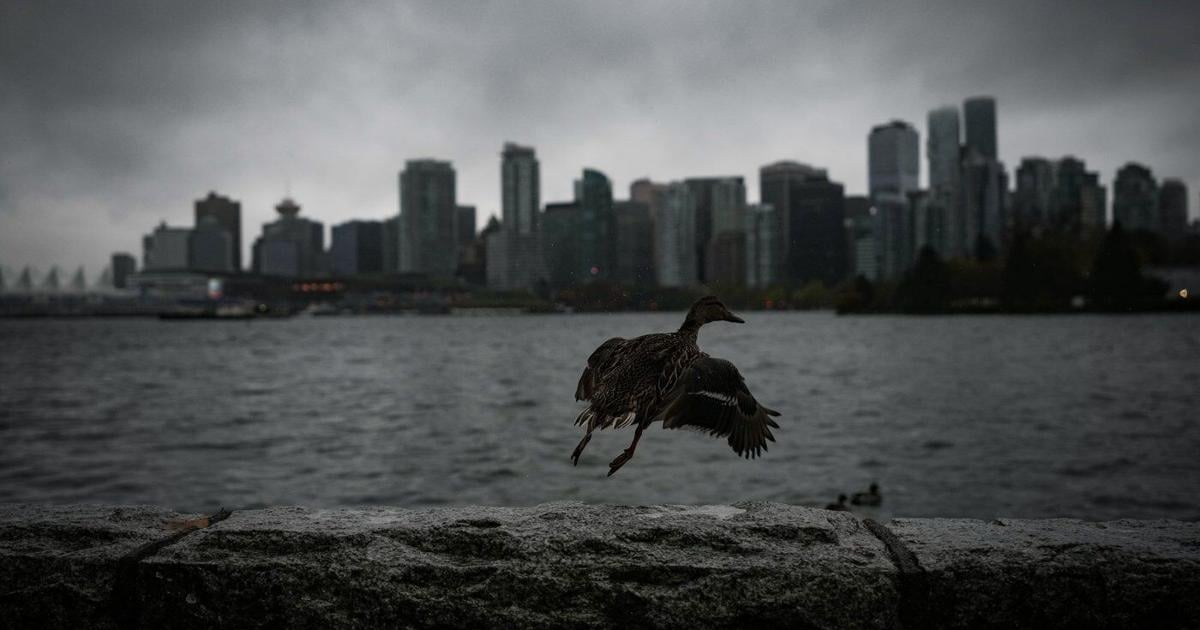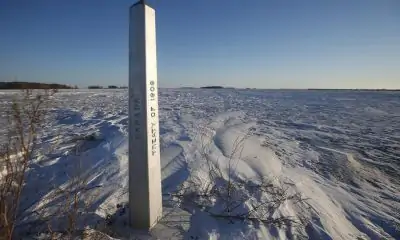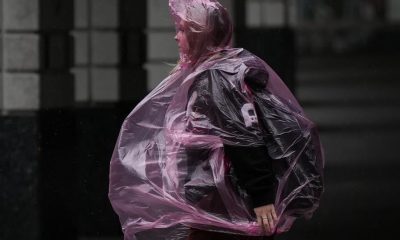The Parole Board of Canada says it is now working to allow victims’ families to attend Paul Bernardo’s parole hearing and deliver their victim impact statements in person.
A lawyer representing the families of two teenage girls murdered by notorious killer and serial rapist Paul Bernardo said they had been denied the right to deliver their statements in person at Bernardo’s upcoming parole hearing. The issue was raised by Conservative Leader Pierre Poilievre during question period in the House of Commons Wednesday.
However, in a statement late Wednesday, the parole board it is now “currently working to accommodate the in-person presentation of statements by victims” who wish to appear at the Nov. 26 hearing.
In a letter sent to the Parole Board of Canada chairperson and others, lawyer Tim Danson had said he was recently informed the victims’ families would not be able to attend the hearing at the medium-security La Macaza Institution in Quebec because the board was “unable to ensure safety and security of all hearing attendees.”
Danson had said the families demanded the hearing be adjourned to next month or some other date so they and their lawyers can travel to La Macaza and read their victim impact statements in person.
In its statement, the parole board said it takes a wide range of factors into consideration when scheduling hearings, including the board’s “ability to accommodate all observers in an institutional hearing room, to ensure the safe proximity of all attendees during the hearing, or operational considerations such as hearing management.”
It said it “makes every effort to accommodate a victim’s requested method of attendance.” The statement added that all victims’ statements carry the same weight, whether they are delivered in person or not, and noted that most of its hearings are held virtually.
Bernardo was transferred from the maximum-security Millhaven Institution in Ontario to the medium-security La Macaza last year, a decision that prompted public outcry.
Bernardo, who is designated as a dangerous offender, is serving an indeterminate life sentence for the kidnapping, sexual assault and murder of 15-year-old Kristen French and 14-year-old Leslie Mahaffy in the early 1990s near St. Catharines, Ont.
He was also convicted of manslaughter in the December 1990 death of his then-wife Karla Homolka’s 15-year-old sister, Tammy.
In a statement, a spokesperson for federal Public Safety Minister Dominic LeBlanc said the Parole Board, as a quasi-judicial body, makes its decisions independently.
“Our hearts go out to the families of the victims, who continue to live with the trauma caused by this individual’s abominable crimes,” LeBlanc’s press secretary Gabriel Brunet wrote.
Speaking to reporters on Parliament Hill on Wednesday morning, Conservative MP Frank Caputo said the decision to deny the families the right to attend was “so wrong on so many levels.”
“Why is it that the safety and security of the jail in this instance is preventing people from exercising their rights under the Victims Bill of Rights?” said Caputo, one of the party’s critics for justice and public safety.
The federal ombudsperson for victims of crime, Benjamin Roebuck, said in a statement that victims’ preferences about attending a hearing in person or virtually are taken into account, but not guaranteed.
“Parole hearings happen within highly secured environments, so if there are specific safety or security concerns that have been used to determine the format of a hearing, they should be clearly explained,” Roebuck said.
This report by The Canadian Press was first published Nov. 20, 2024.
























